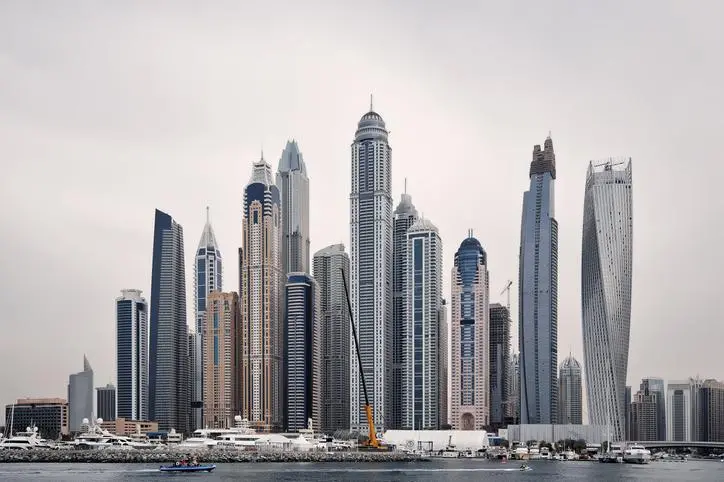PHOTO
Dubai recorded a non-oil foreign trade of 339 billion ($92.3 billion) in the first quarter of 2019, an increase of 7 per cent compared to 2018 figures. According to Emirates NBD research, it is the strongest growth rate recorded since ‘at least’ 2015.
Sheikh Hamdan Bin Mohammed Bin Rashid Al Maktoum, Dubai Crown Prince and Chairman of the Dubai Executive Council, said in a statement that the growth figures support the emirate’s plans for economic diversification.
“This robust performance and marked growth of Dubai’s non-oil foreign trade is an indication that we are on the right path of revenue diversification in alignment with the values and standards outlined in the 50-year Charter,” he said.
Key highlights of the data released by Dubai Customs:
- Dubai’s Q1 2019 non-oil trade volumes increased by 32 percent to 28 million tonnes (21 million tonnes in Q1 2018).
- Exports grew 30 percent year on year after contracting through 2018.
- Re-exports growth slowed to 7 percent, the slowest rate of growth since Q3 2017.
- Imports grew 4 percent year on year after contracting on an annual basis for the last 5 quarters.
- Overall, Dubai recorded a trade deficit of 148 billion dirhams in Q1 2019, 2 per cent smaller than the deficit recorded in Q1 2018.
- Dubai’s non-oil trade grew 58 percent in the 2010-2019 decade; an increase of 124 billion dirhams from Q1 2010 which saw 215 billion dirhams.
- Trade through free zones reached 147 billion dirhams (+20 per cent YoY).
- The total value of gold, diamonds and jewelry traded through Dubai in Q1 2019 totaled 90 billion dirhams, an increase of 9 per cent year on year.
- The phones market (42 billion dirhams) was the highest contributor and trade in petroleum oils more than doubled from last year at 21 billion dirhams
Sultan Bin Sulayem, DP World Group Chairman & CEO and Chairman of Ports, Customs and Free Zone Corporation said: “We have seen significant growth in both exports (+30 per cent) and re-exports (+7 per cent), which reinforces Dubai’s profile as the key hub for the region. Overall, despite geopolitical headwinds, we remain excited about the outlook for Dubai, particularly with the lead up to Expo2020.”
(Writing by Seban Scaria; editing by Mily Chakrabarty)
Our Standards: The Thomson Reuters Trust Principles
Disclaimer: This article is provided for informational purposes only. The content does not provide tax, legal or investment advice or opinion regarding the suitability, value or profitability of any particular security, portfolio or investment strategy. Read our full disclaimer policy here.
© ZAWYA 2019





















